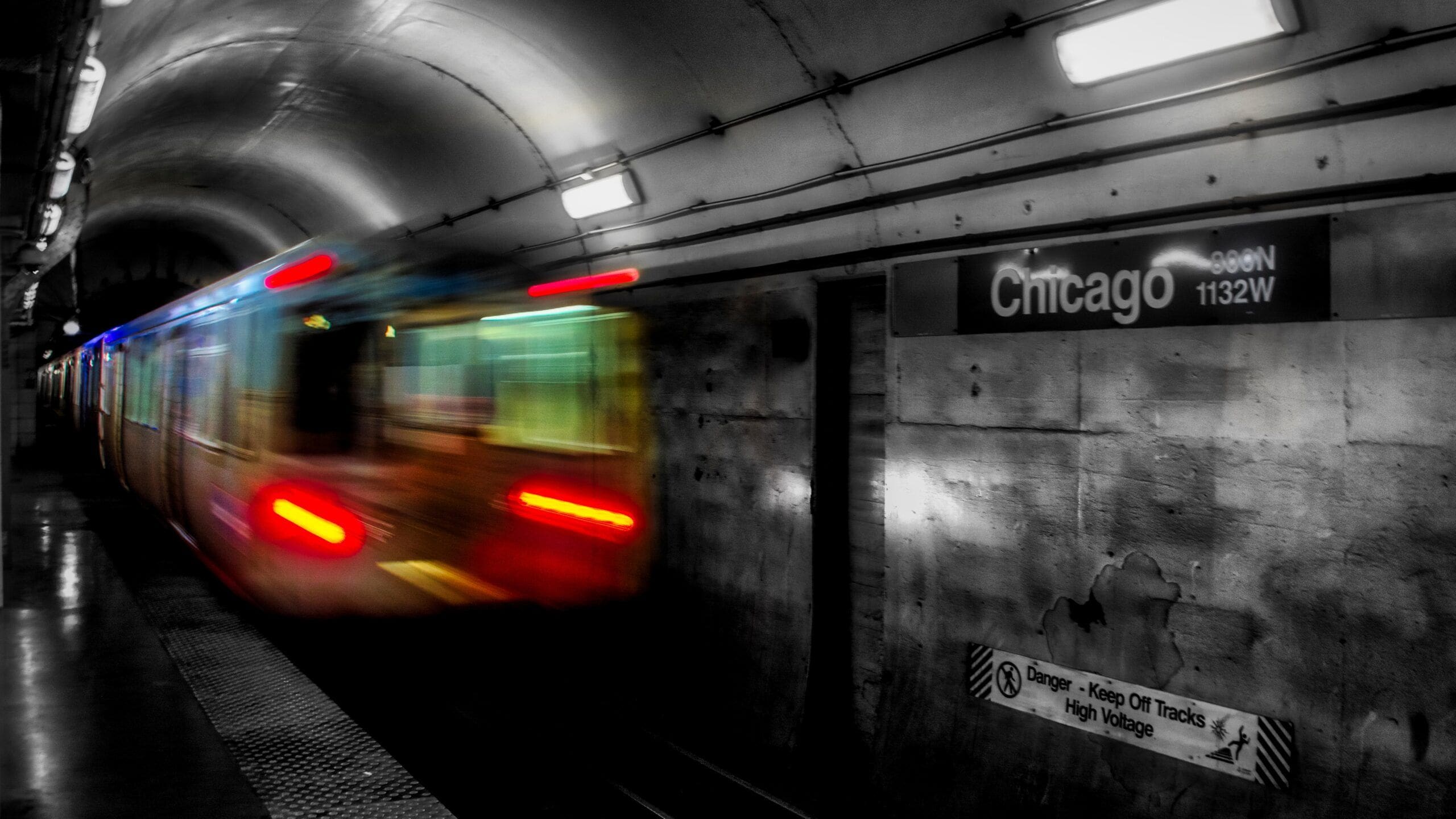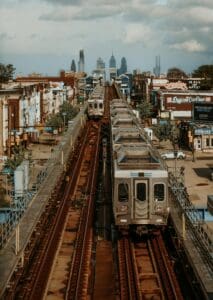Three months after the City Council OK’d what’s touted as the largest such program in the United States — $31.5 million to help 5,000 needy families — not one $500-a-month check has been sent, not one application accepted.
By Fran Spielman.
Four days before Halloween, Mayor Lori Lightfoot celebrated City Council passage of what she called Chicago’s “most progressive budget ever,” after the “most inclusive process this city has ever seen.”
The $16.7 billion 2022 budget set aside $31.5 million in federal pandemic relief money to launch what the mayor touted as the nation’s largest universal basic income pilot program.
It called for the city to send $500 monthly checks, no strings attached, to 5,000 needy families for the one-year test period.
Three months later, Chicago’s grand experiment in reducing poverty is stuck in bureaucratic neutral.
Not a single check has been distributed. Not a single application has been accepted. The Lightfoot administration hasn’t even announced who’s eligible to apply.
The only sign of bureaucratic progress — if you can call it that — is the Department of Family and Support Services’ release this week of two requests for proposals for agencies to “administer and execute outreach for the pilot.”
In a statement, the mayor’s office said it is “working regularly with aldermen, advocates, policy experts and people who have experienced poverty to ensure the program reaches all four corners of the city” and that “specific eligibility criteria and the application process” would be announced later this month.
Ald. Gilbert Villegas (36th), City Council champion for the universal basic income pilot, is frustrated beyond belief by the bureaucratic delay.
“I’ll just continue telling constituents that they have to hold out although we’ve got the money because we haven’t been able to get it out the door,” Villegas told the Sun-Times.
“That’s the bureaucratic way. Just to continue to talk about it and talk about it until this freaking problem goes away. By the time this is finalized, the pandemic will be over with.”
Instead of issuing requests for proposals and forming another “working group,” Villegas urged the Lightfoot administration to examine eligibility criteria used by other cities, see what matches Chicago and “get an application together” so people can start signing up.
“That way, we can get the money into the hands of people who need it the most instead of having it sit in an account doing nothing while people are waiting to be rescued,” he said.
The bureaucratic bottleneck is even more galling considering how long Chicago has pondered climbing aboard a universal basic income bandwagon that now includes more than 44 cities and towns nationwide.
Days after announcing he wouldn’t seek a third term, then-Mayor Rahm Emanuel asked retiring Ald. Ameya Pawar (47th), who had championed income inequality, to chair a task force to consider universal basic income in Chicago.
Their 50-page report suggested giving 1,000 struggling Chicagoans $1,000 a month to help break the cycle of poverty. Total cost: $12 million, bankrolled by an unspecified mix of city funds and philanthropic dollars.
In an interview this week, Pawar ventured a guess as to why it’s taking so long to get Chicago’s program off the ground.
“A lot of groups are gonna say, ‘I want my constituency to be the beneficiary of this.’ A lot of aldermen are gonna say, ‘I want my ward targeted for this money.’ But it can’t be targeted toward any one group. If you want to show that cash is good for everybody, you’re gonna have to develop a pilot that is as broad, diverse and geographically representative of the city as possible,” Pawar said.
“It has to go through all of this bureaucratic nonsense because everyone is so scared to make a mistake that it delays everything. My guess is that’s where this is caught. You have groups that want to help design this in a really progressive way. And you have folks who probably want to manage headline risk. That’s probably where the tension is.”
Pawar acknowledged “spending time on design will be important” in the long-run.
“Think about all the dignity people have when they have cash in their pockets to pay their bills or take care of odds and ends,” Pawar said.
“Use this pilot as a way to say, `Hey, Congress. You let the child tax credit lapse. You need to pass it again and here’s one more demonstration of what happens when you get cash into peoples’ pockets and here are a group of families that benefited from it.”
Harish Patel, director of Economic Security for Illinois, said he’s been asked to join an “advisory council with other advocate leaders” to work with the “academic and implementation partner” chosen by the city.
“While we do want the money to get out as quickly as possible to attend to this moment of crisis, we would rather the city do diligence to ensure it can study and capture the power of direct cash at this scale,” Patel was quoted as saying in a statement to the Sun-Times.
“It’s our hope that this program could be a template for other cities [or states] to adopt. Dozens of localities around the country have adopted a guaranteed income pilot on a similar timeline and none have had as many recipients as Chicago.”




















